Reasons why small gasoline generator cannot start
Reasons why small gasoline generator cannot start

Theoretically, if the correct starting method is repeated three times, the small gasoline generator still cannot start successfully. The possible reasons are as follows:
1) There is no oil in the fuel tank of the small gasoline generator or the oil line is blocked; the oil line is partially blocked, making the mixture too thin. Or the mixture entering the cylinder is too rich due to multiple starts.
2) The ignition coil has problems such as short circuit, open circuit, moisture or poor contact; improper ignition time or wrong angle.
3) Improper spark plug gap or leakage.
4) The magnetism of the magneto becomes weak; the platinum of the breaker is too dirty, ablated, and the gap is too large or too small. The capacitor is open or short-circuited; the high-voltage line is leaking or falling off.
5) Poor cylinder compression or air ring leakage
Supplementary knowledge
The main causes of spark plug leakage in small gasoline generators include excessive gap, ceramic insulator problems, and ignition coil (or cylinder liner) rubber sleeve problems.

Excessive gap: When the gap of the spark plug is too large, the breakdown voltage will increase, causing the ignition ability of the spark plug to decrease, thereby affecting the performance of the engine.
Ceramic insulator problem: The ceramic insulator of the spark plug may have conductive stains due to stains or oil leakage during installation. In addition, if the vehicle condition is abnormal, resulting in a large amount of carbon deposits on the small ceramic head, or if the gasoline contains metal additives that cause residues to adhere to the ceramic head, it will also cause flashover ignition of the ceramic head.
Ignition coil (or cylinder liner) rubber sleeve problem: The ignition coil (or cylinder liner) rubber sleeve ages due to high temperature, and the inner wall cracks and breaks down, which may also cause spark plug leakage problems.
In order to avoid spark plug leakage problems, spark plugs need to be checked and replaced regularly. If the spark plug is found to be leaking, it should be replaced in time. In addition, you can also take some preventive measures, such as keeping the vehicle clean, changing the oil regularly, avoiding the use of low-quality gasoline, etc., to extend the service life of the spark plug
The causes of gas ring leakage in small gasoline generators mainly include the following points:

There are three possible leakage gaps in the gas ring: including the gap between the ring surface and the cylinder wall, the side gap between the ring and the ring groove, and the open end gap. The existence of these gaps will cause gas leakage and affect engine performance
Piston ring groove wear: The wear of piston ring groove mainly occurs on the lower plane of the ring groove, which is caused by the up and down impact of the gas ring and the radial sliding of the piston ring in the ring groove. Wear will reduce the sealing effect of the second sealing surface and cause air leakage
Piston ring wear: The material of the piston ring does not match the cylinder wall (the hardness difference between the two is too large), resulting in poor sealing after the piston ring wears, thus causing air leakage
The opening gap of the piston ring is too large or the filing does not meet the requirements: The opening gap of the piston ring is too large or the filing does not meet the requirements, which will make the gas sealing effect of the ring worse, the throttling effect will be reduced, and the air leakage channel will be enlarged. . The opening clearance of diesel engines is generally larger than that of gasoline engines, and the first ring is larger than the second and third rings
Irrational distribution of piston ring openings: In order to reduce air leakage, it is necessary to strengthen the throttling effect at the ring opening to make the ring's gas sealing route longer. The opening position of each gas ring should be operated as required to ensure effective sealing
Forces when the engine is working: When the engine is working, the various forces acting on the ring balance each other. When it is in a floating state, it can cause radial vibration of the ring, causing the seal to fail. At the same time, there may also be circular rotation of the ring, which will change the staggered angle of the opening during installation, causing air leakage
The piston ring is broken, glued, or stuck in the ring groove: The piston ring is broken, glued, or stuck in the ring groove, or the piston ring is installed backwards, which will cause the first sealing surface of the ring to lose its sealing effect and cause air leakage. . For example, twisted rings and tapered rings that are not installed in the ring groove as required will also cause air leakage.
Cylinder wall wear or marks or grooves: Wear or marks or grooves on the cylinder wall will affect the sealing performance of the first sealing surface of the gas ring, leading to air leakage
Understanding these reasons will help you take appropriate measures to prevent and solve the problem of air ring leakage and ensure the normal operation of the engine.

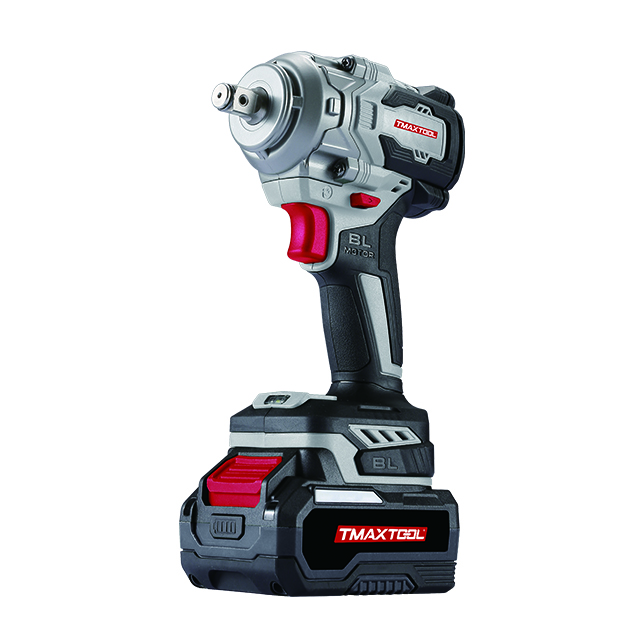 Impact Wrench
Impact Wrench
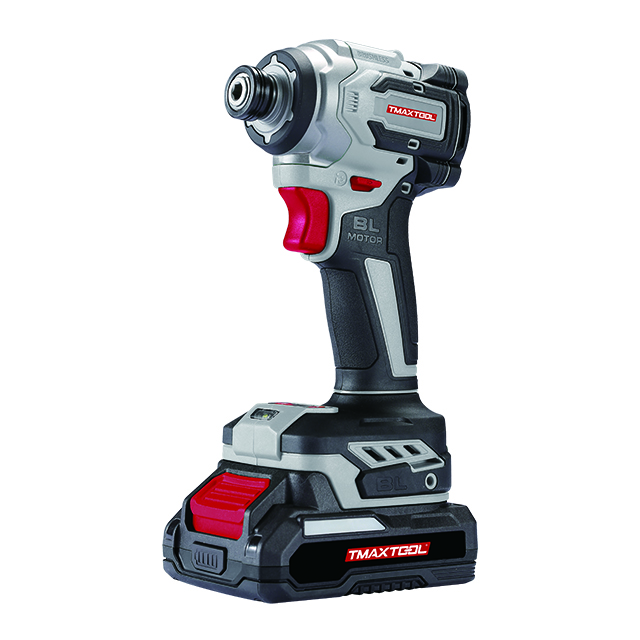 Screwdriver
Screwdriver
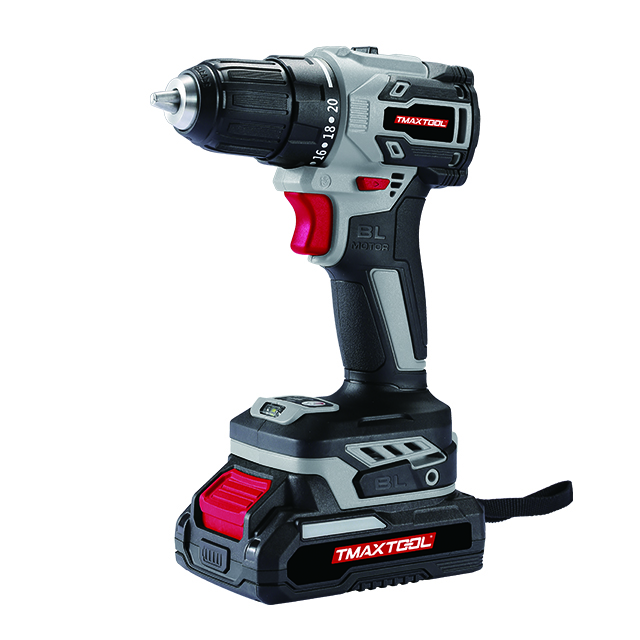 Cordless Drill
Cordless Drill
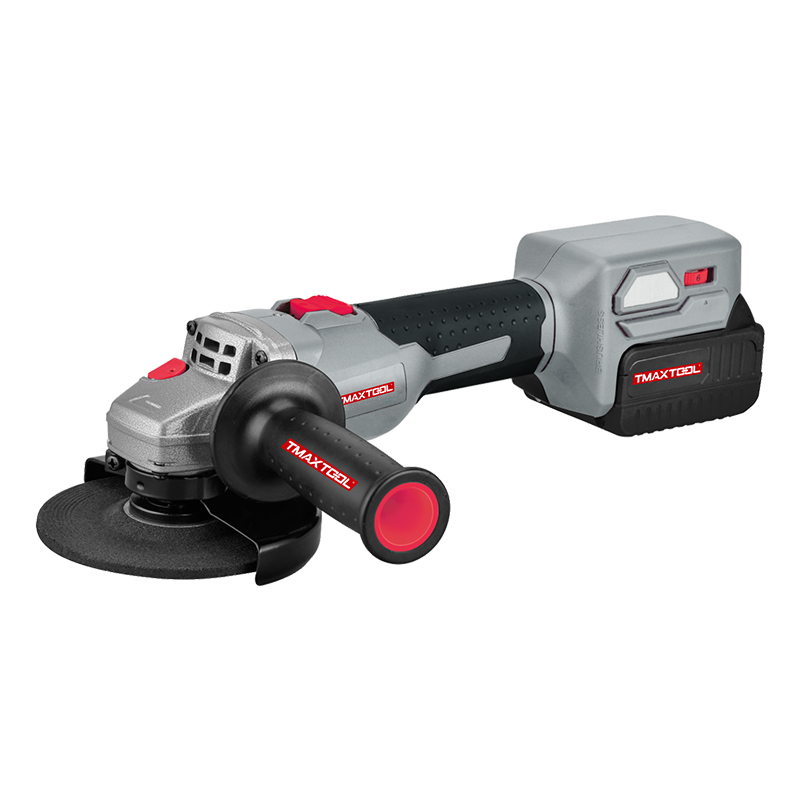 Angle Grinder
Angle Grinder
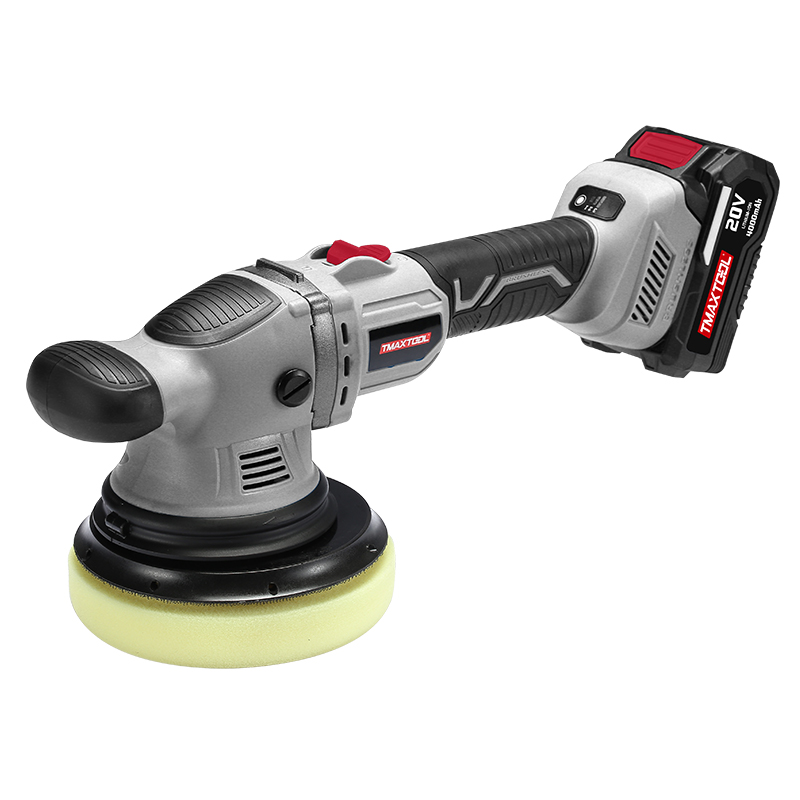 Polisher
Polisher
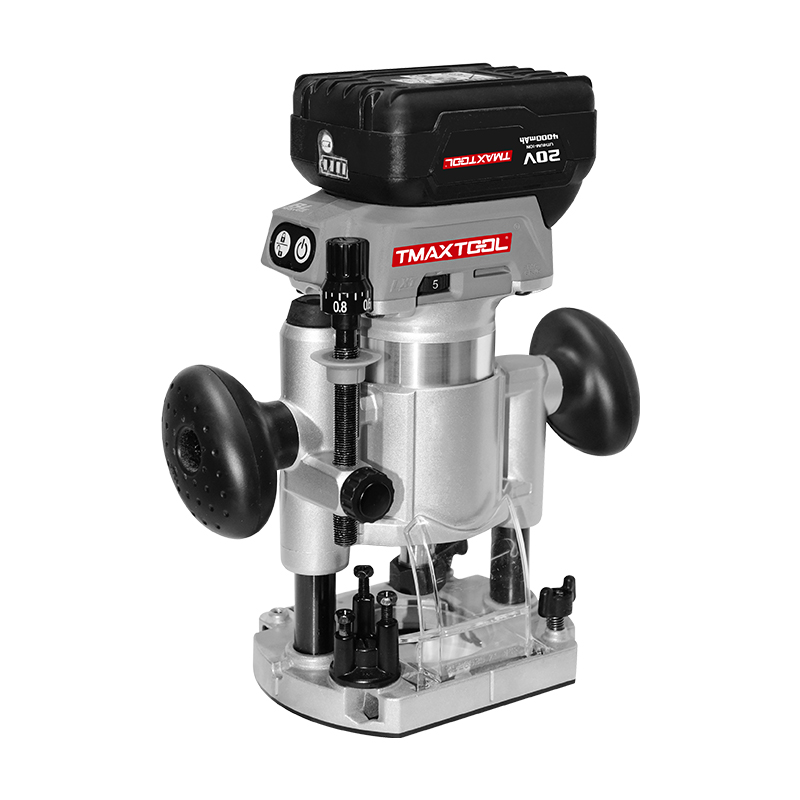 Wood Router
Wood Router
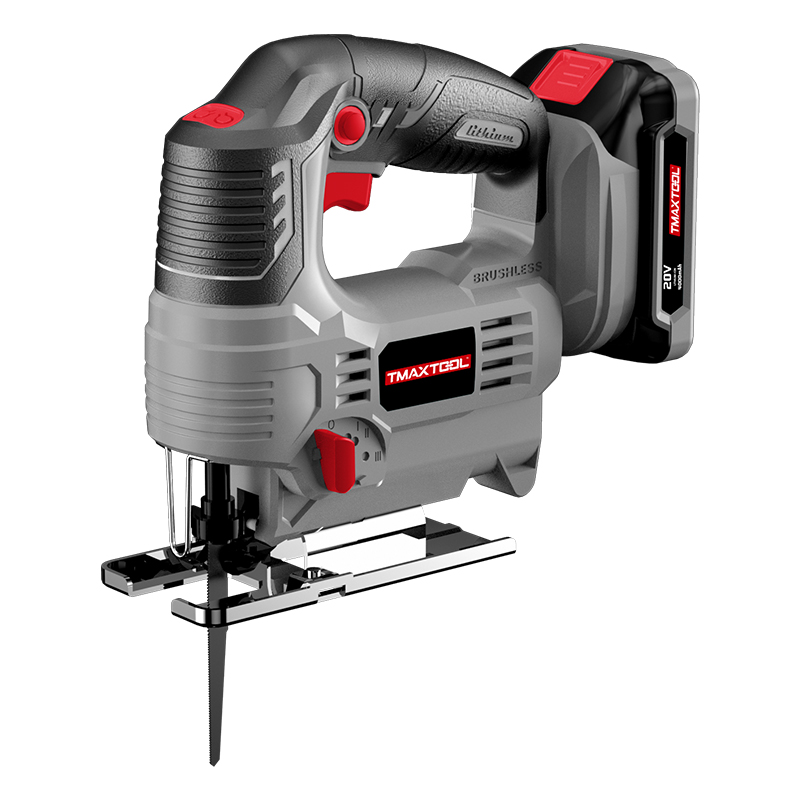 Jig Saw
Jig Saw
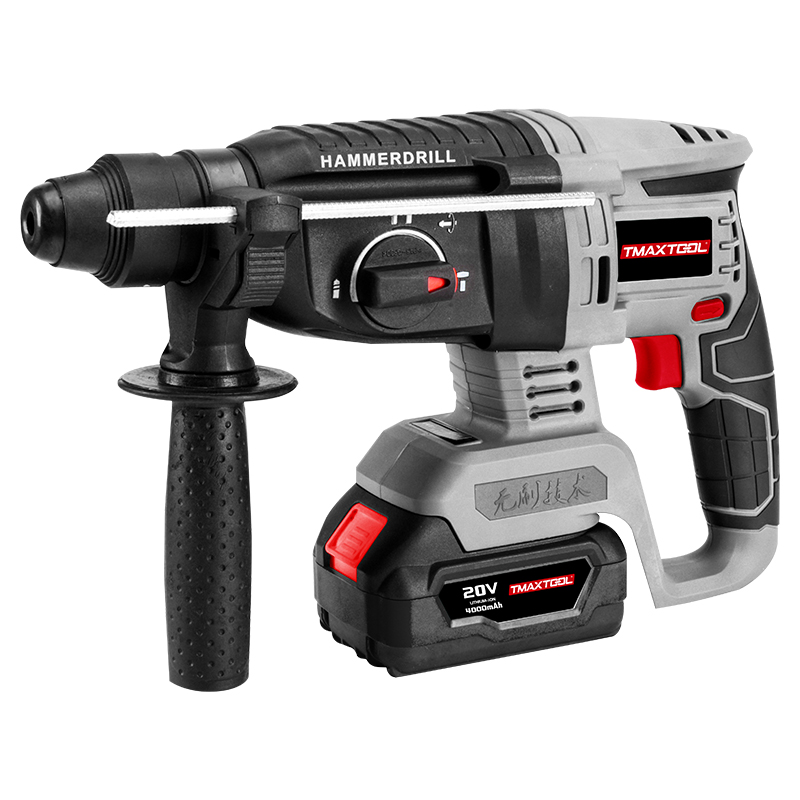 Hammer Drill
Hammer Drill
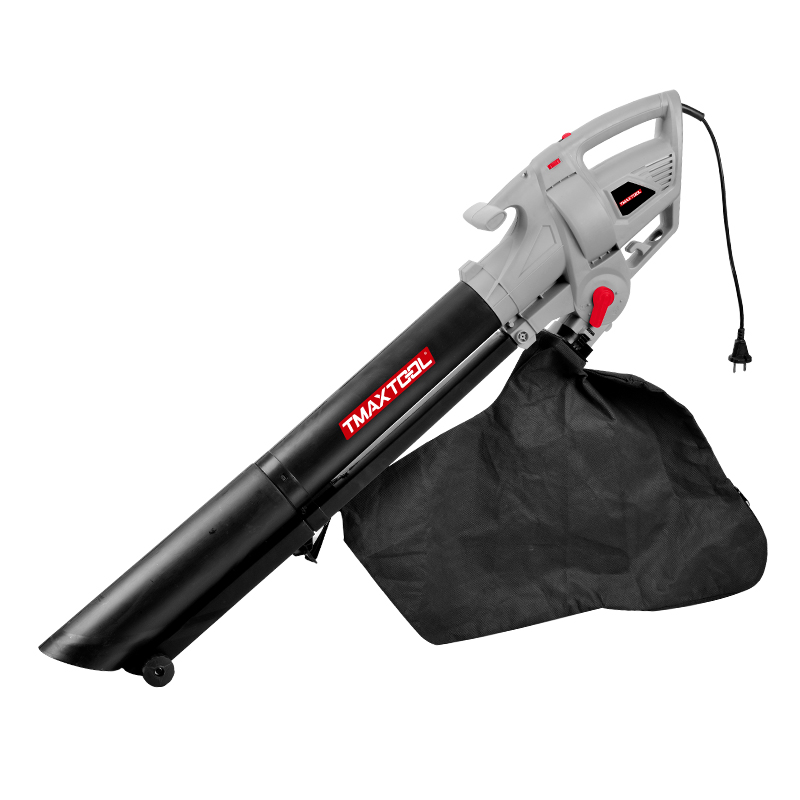 Portable Blower
Portable Blower
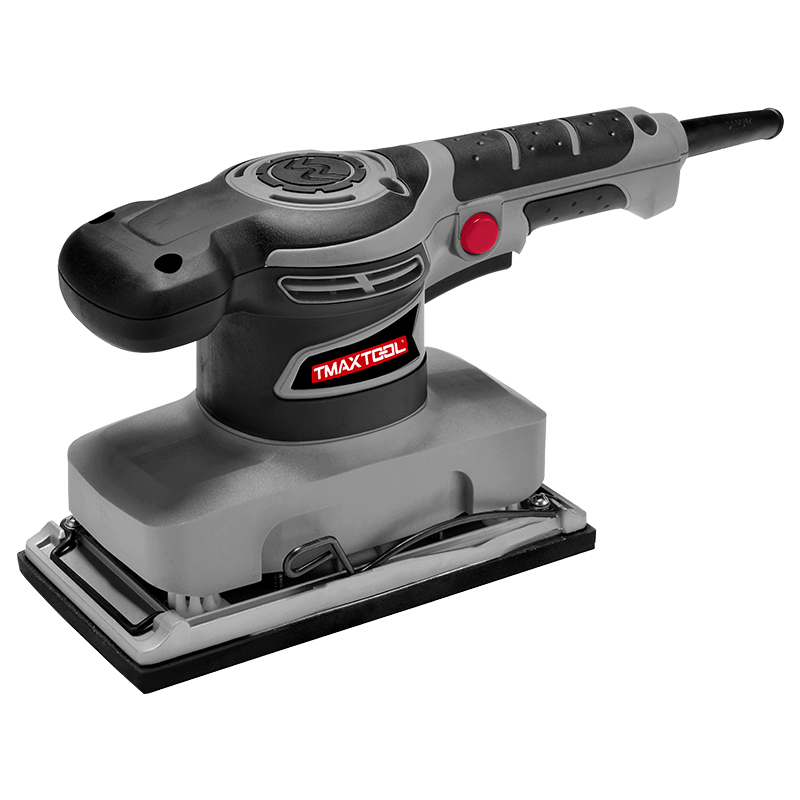 Orbital Sander
Orbital Sander
 Marble Cutter
Marble Cutter
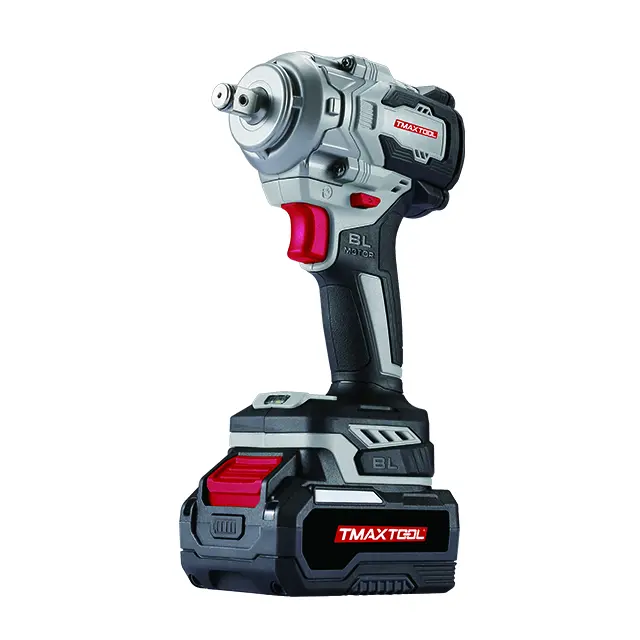 GARDEN TOOLS
GARDEN TOOLS
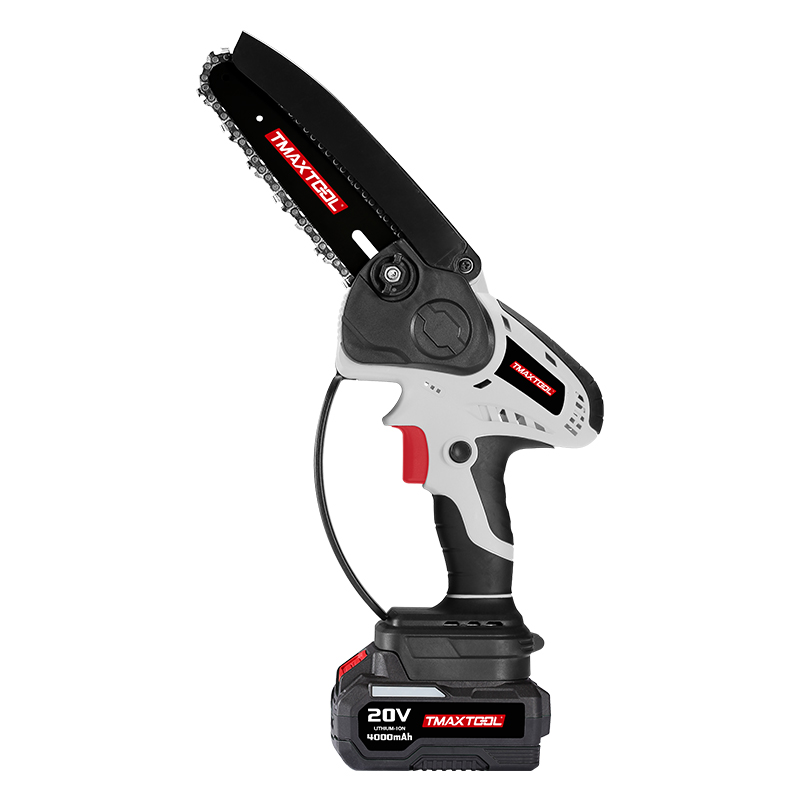 Battery Chain Saw
Battery Chain Saw
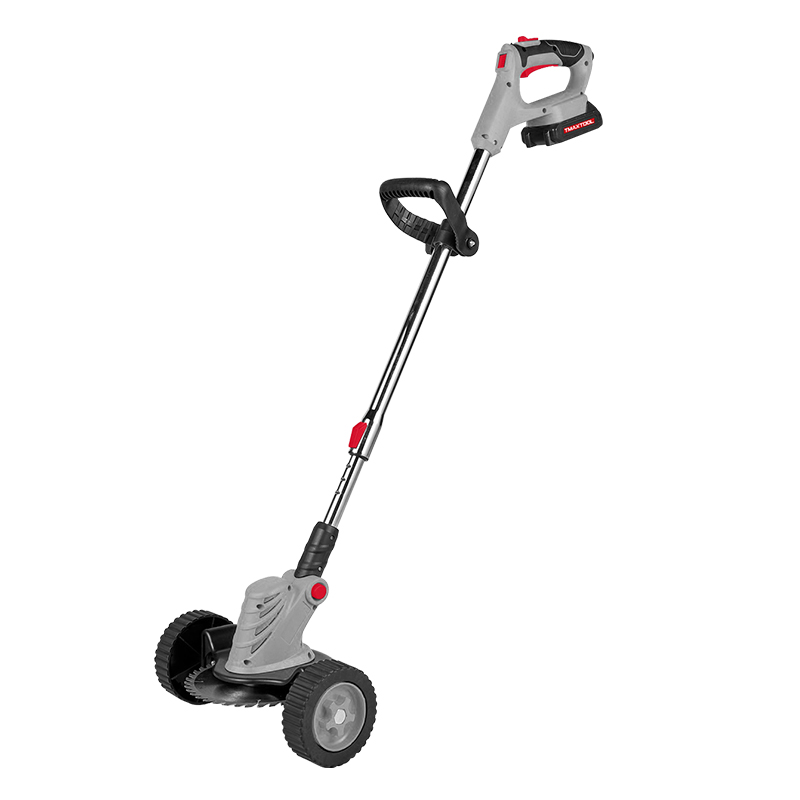 Battery Brush Cutter
Battery Brush Cutter
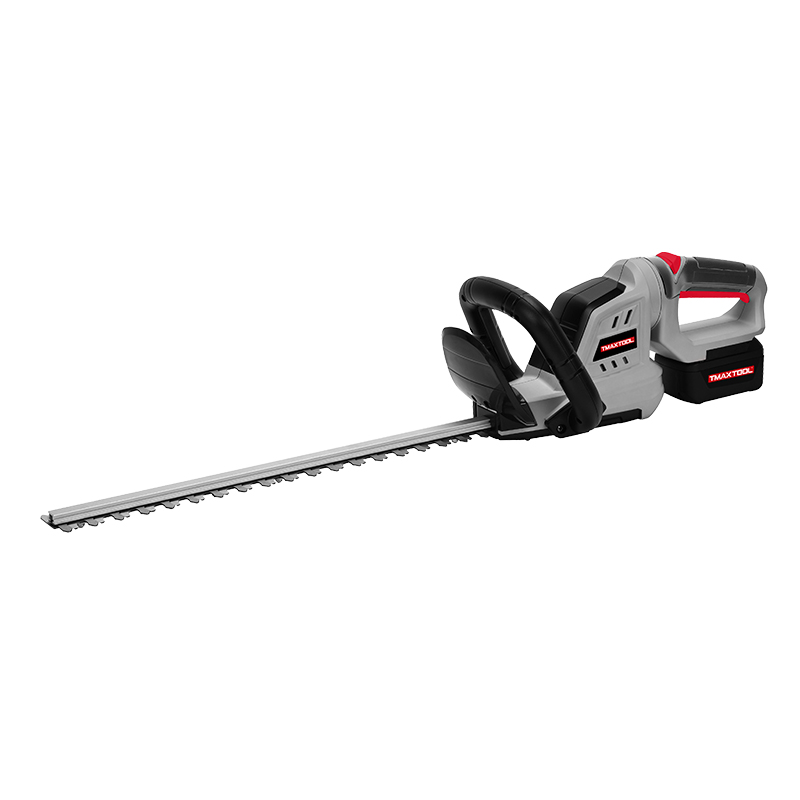 Battery Hedge Trimmer
Battery Hedge Trimmer
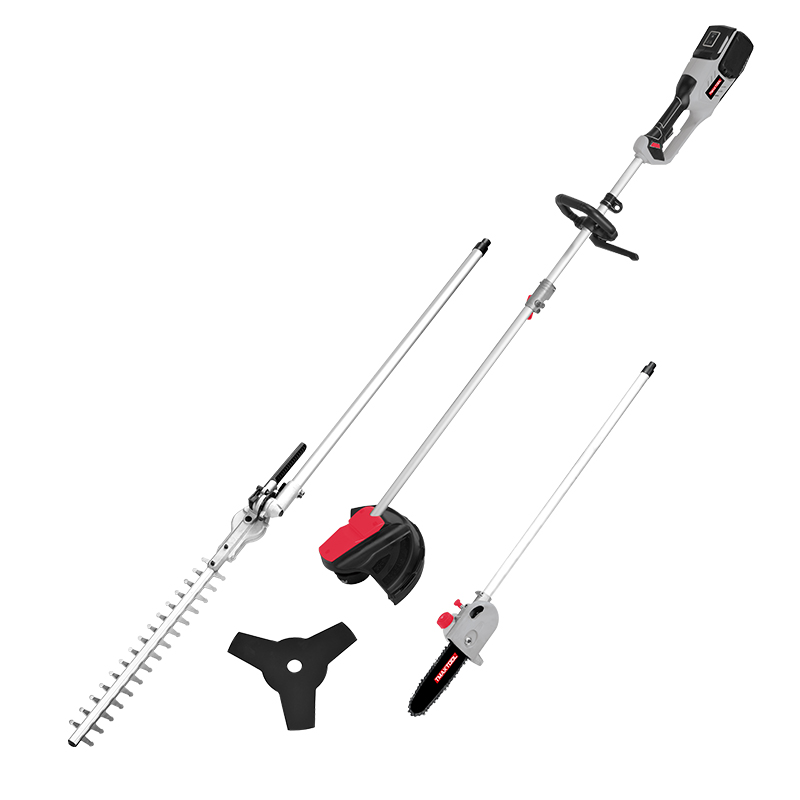 Battery Multi Tool
Battery Multi Tool
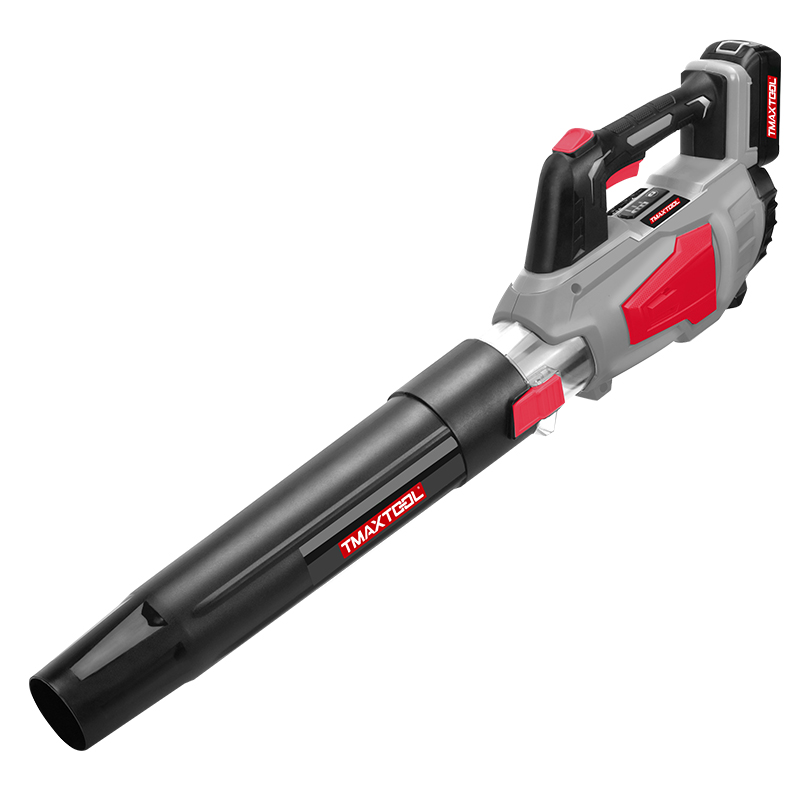 Battery Blower
Battery Blower
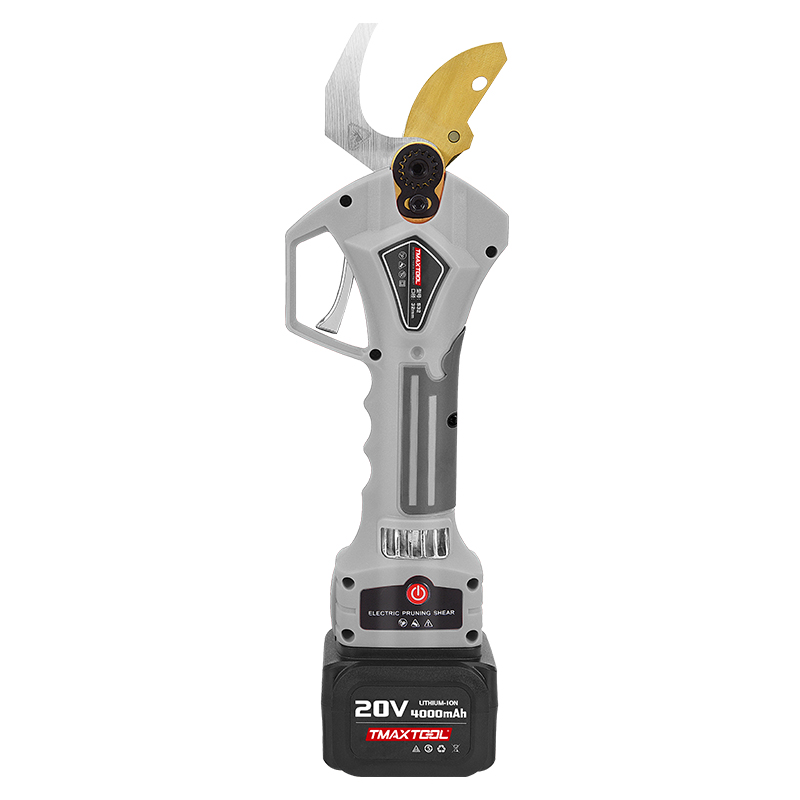 Batter Pruning Shears
Batter Pruning Shears
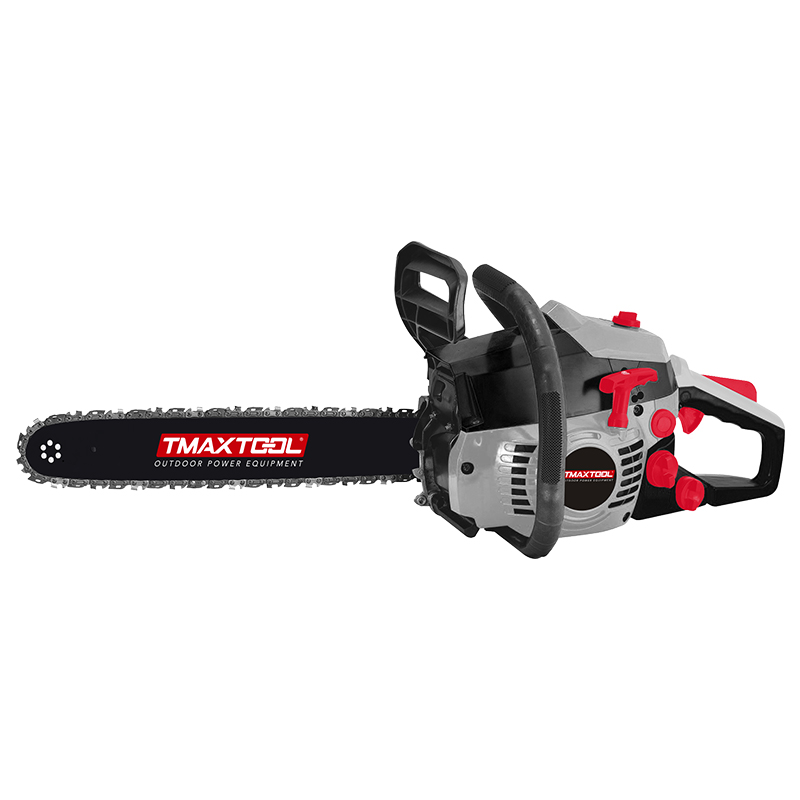 Chain Saw
Chain Saw
 Brush Cutter
Brush Cutter
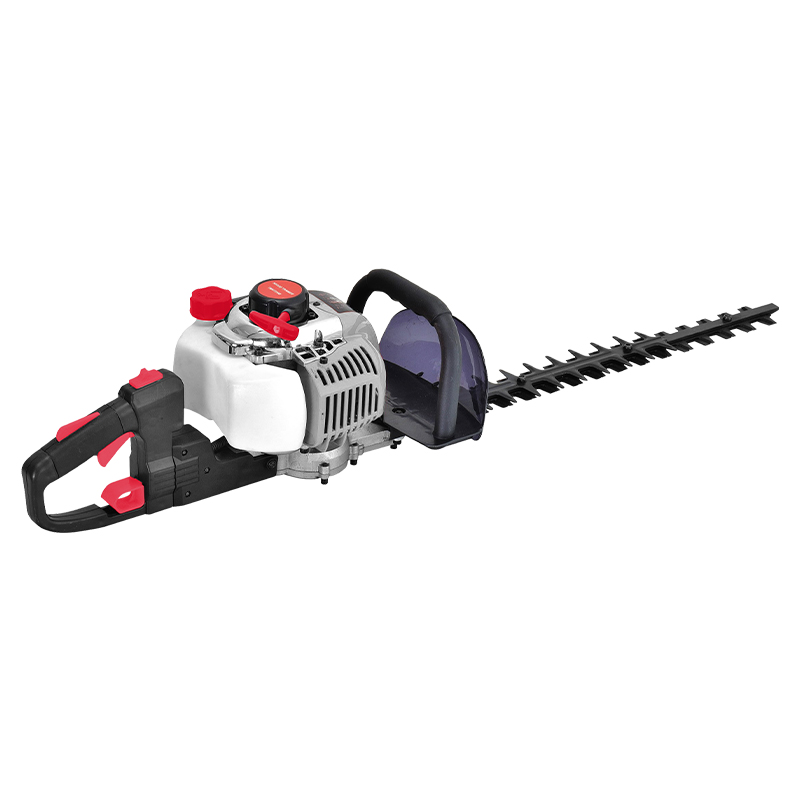 Hedge Trimmer
Hedge Trimmer
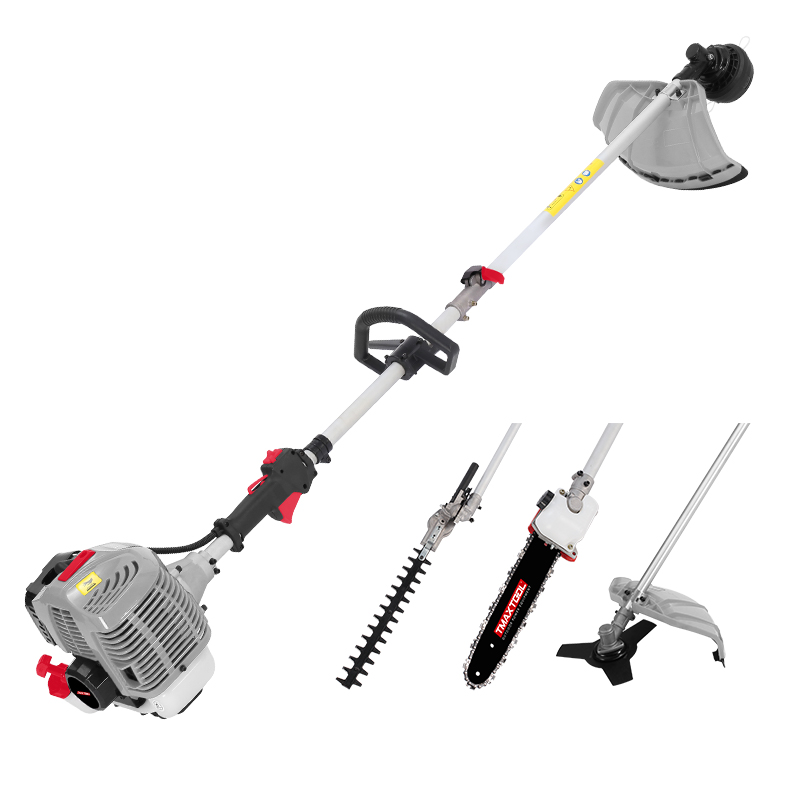 Multi Tool
Multi Tool
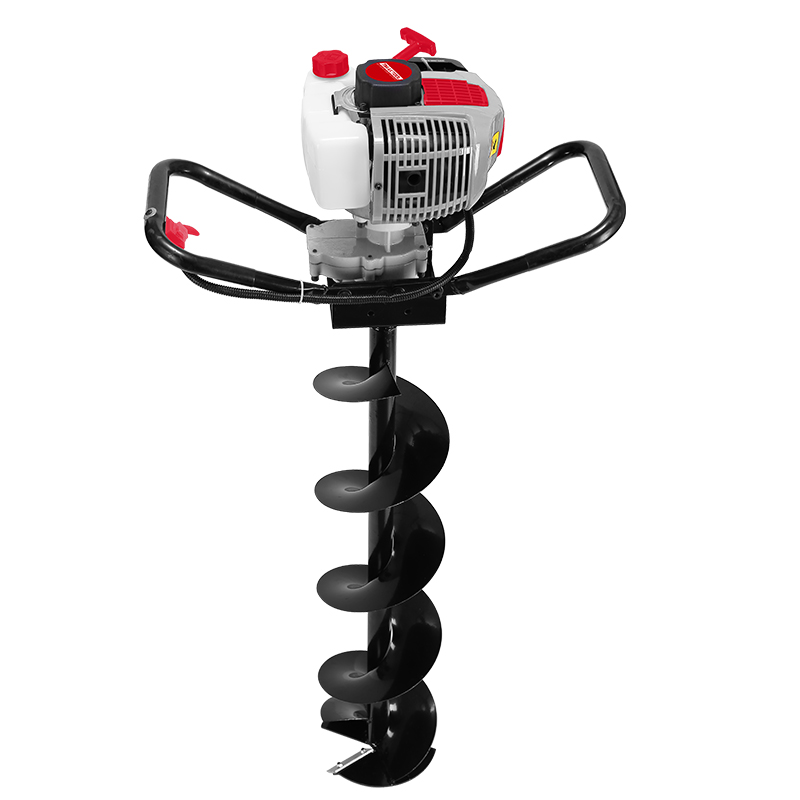 Earth Auger
Earth Auger
 Tiller
Tiller
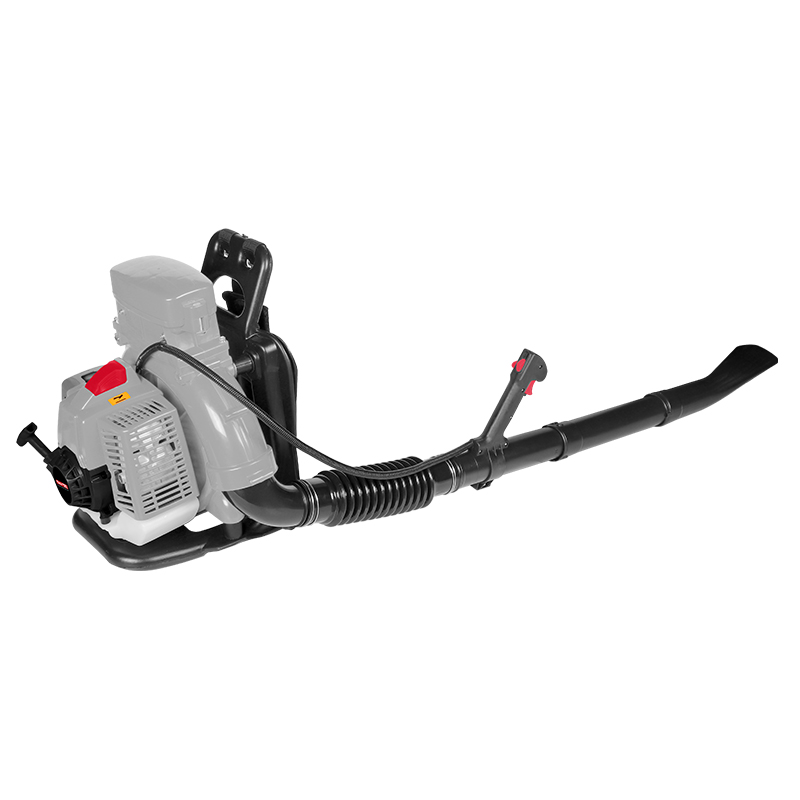 Blower
Blower
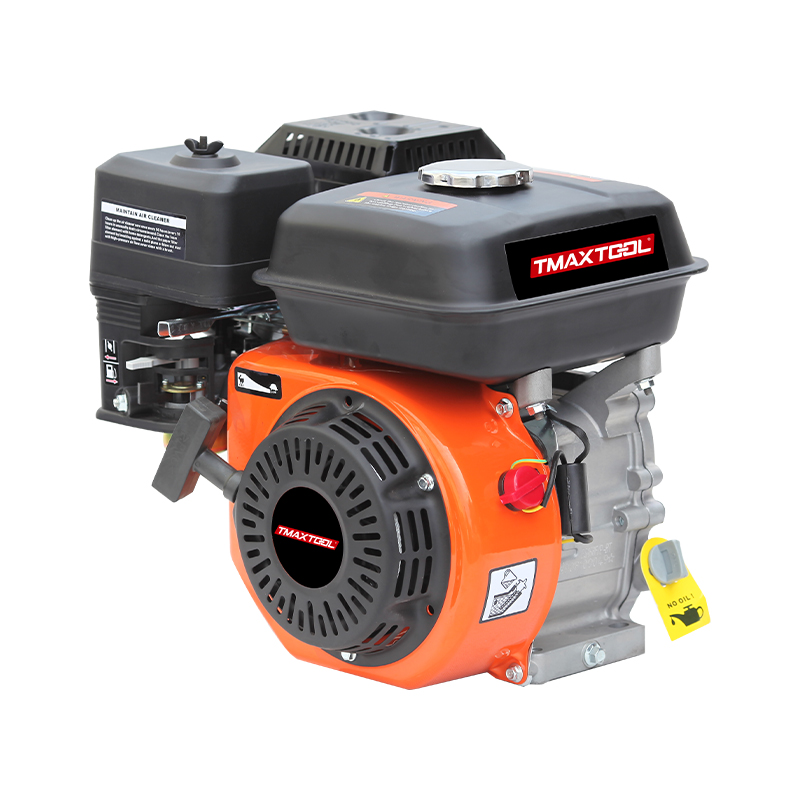 4 Stroke Gasoline Engine
4 Stroke Gasoline Engine
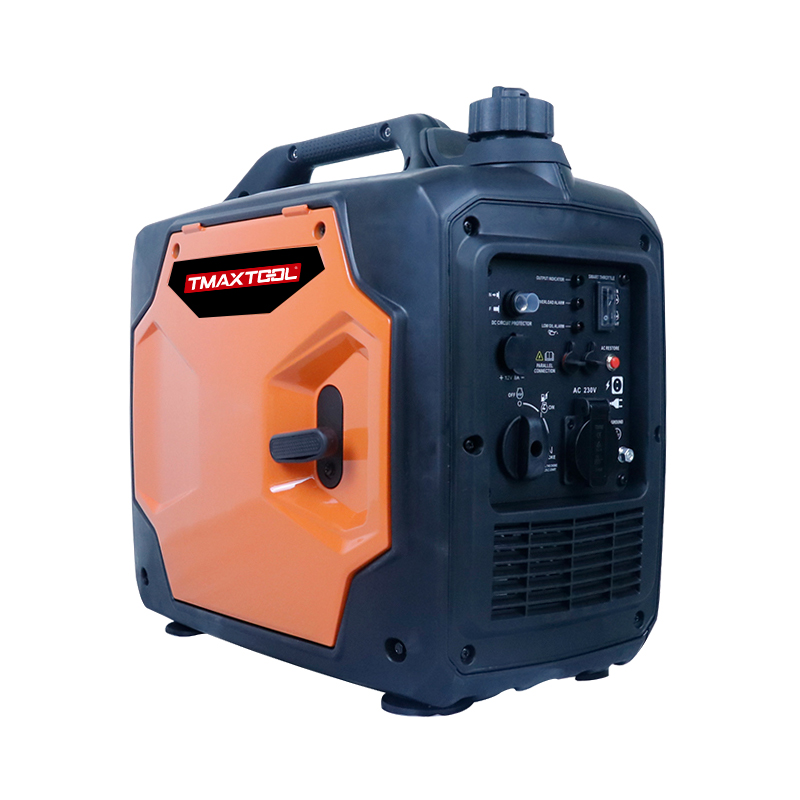 Generator
Generator
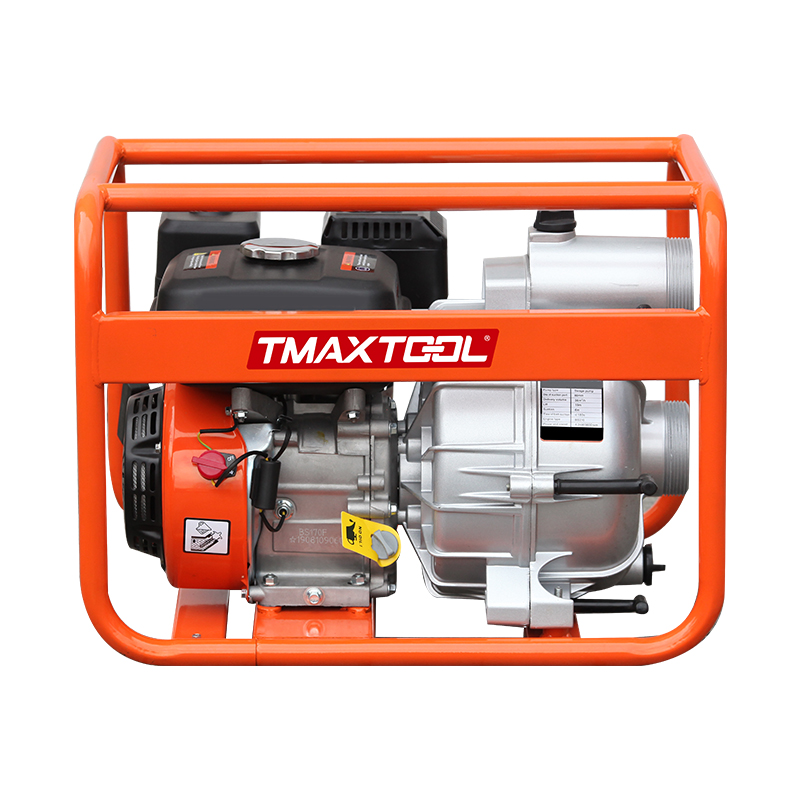 Water Pump
Water Pump
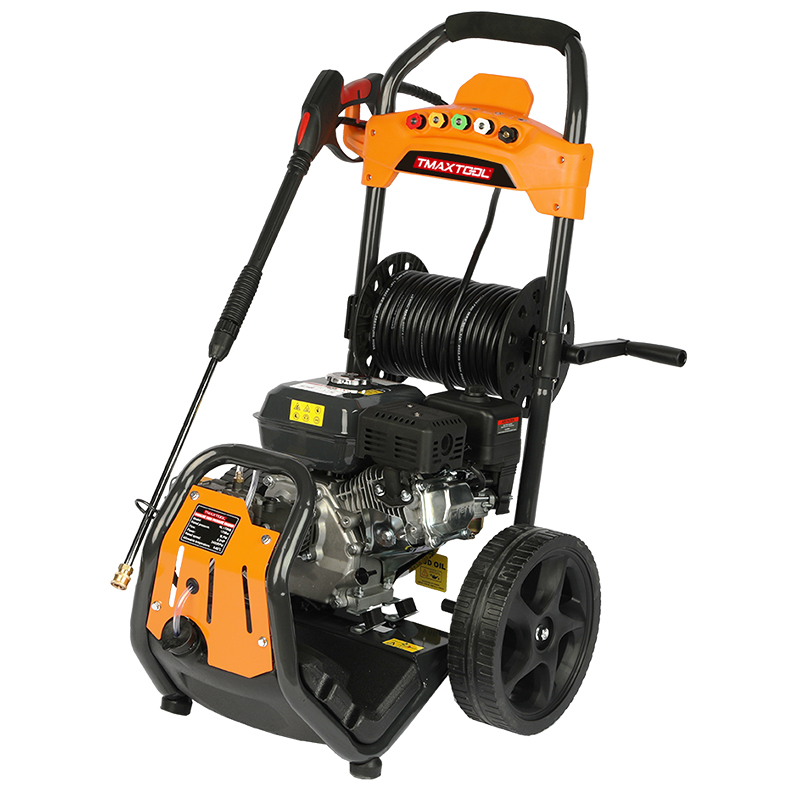 High Pressure Washer
High Pressure Washer
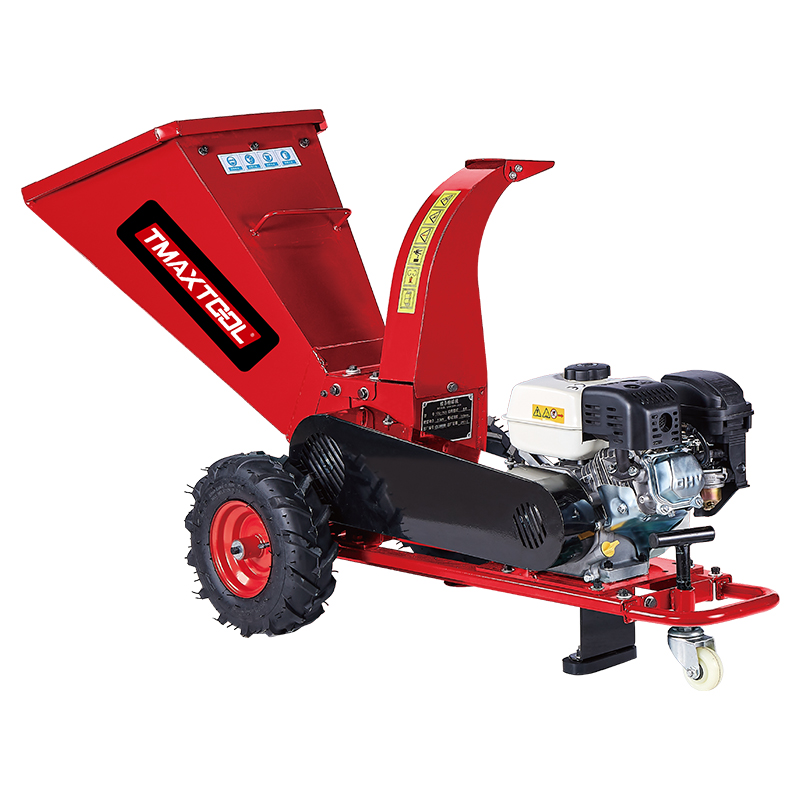 Wood Cutter
Wood Cutter
 4 Stroke Tiller
4 Stroke Tiller
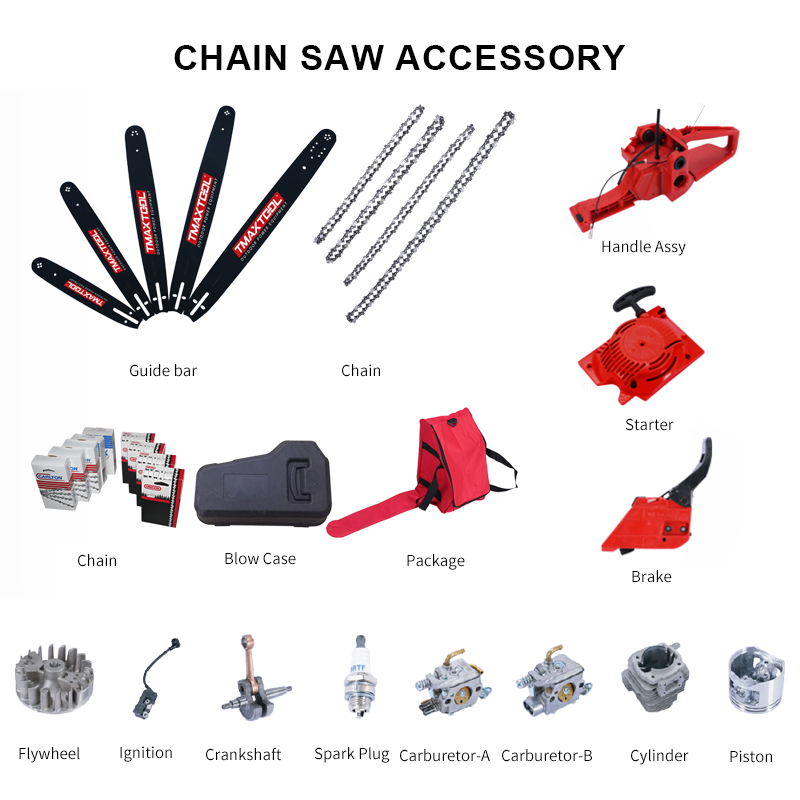 Chain Saw Accessory
Chain Saw Accessory
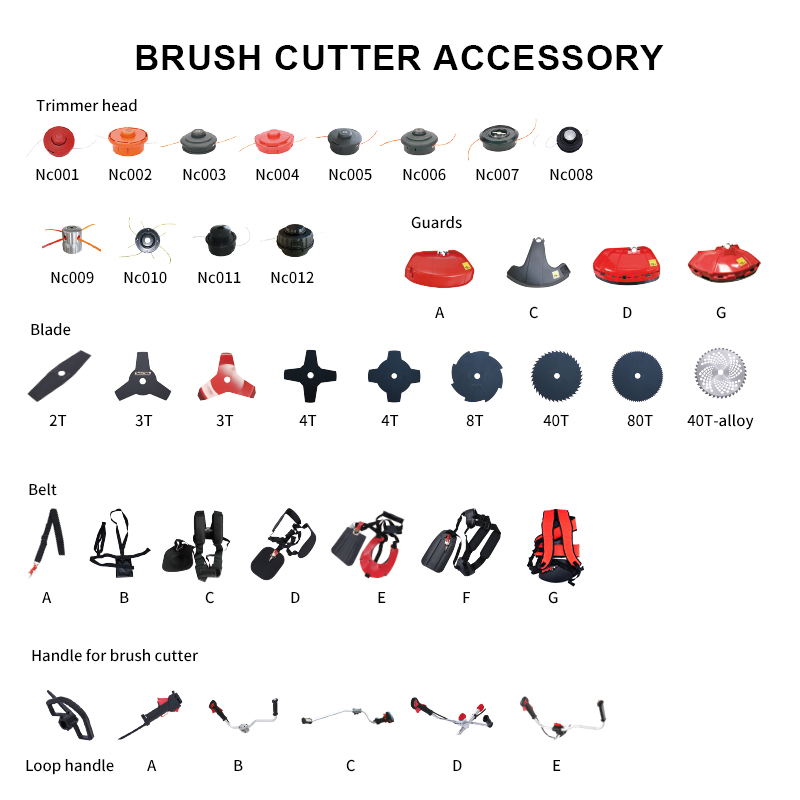 Brush Cutter Accessory
Brush Cutter Accessory
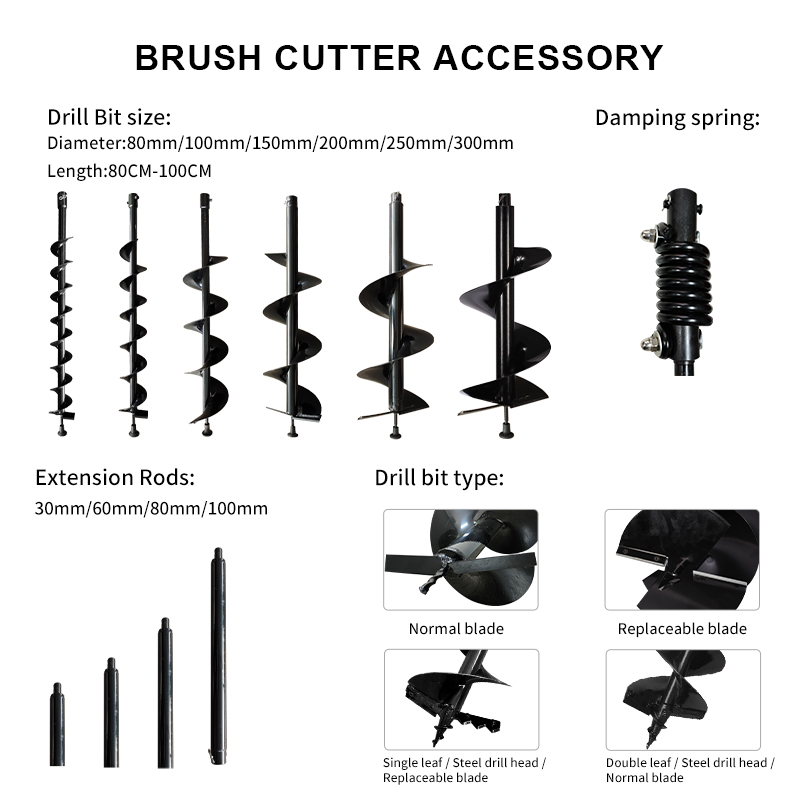 Earth Auger Accessory
Earth Auger Accessory
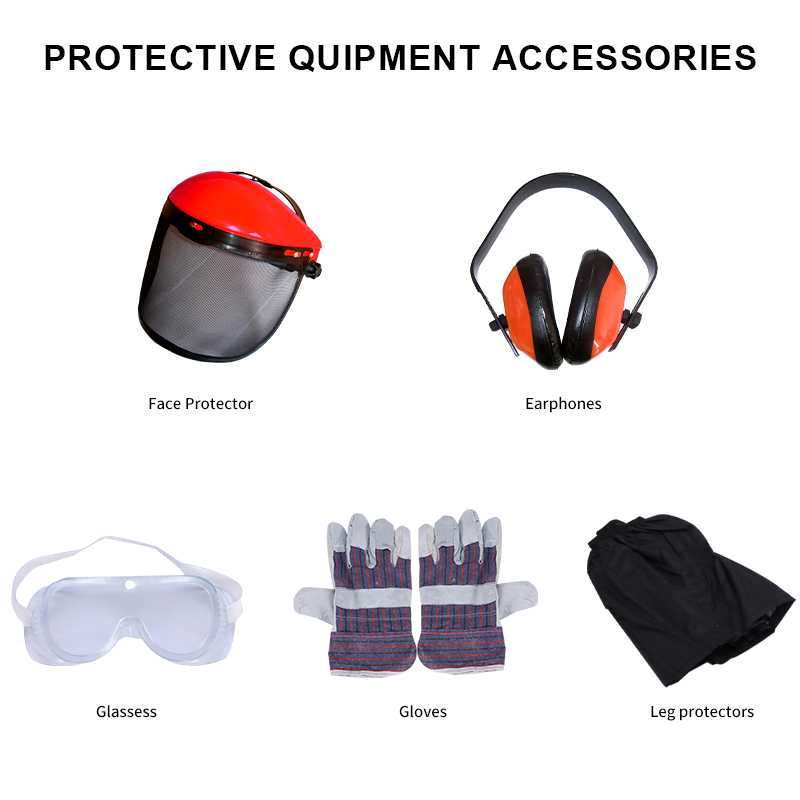 Protective Equipment Accessories
Protective Equipment Accessories








